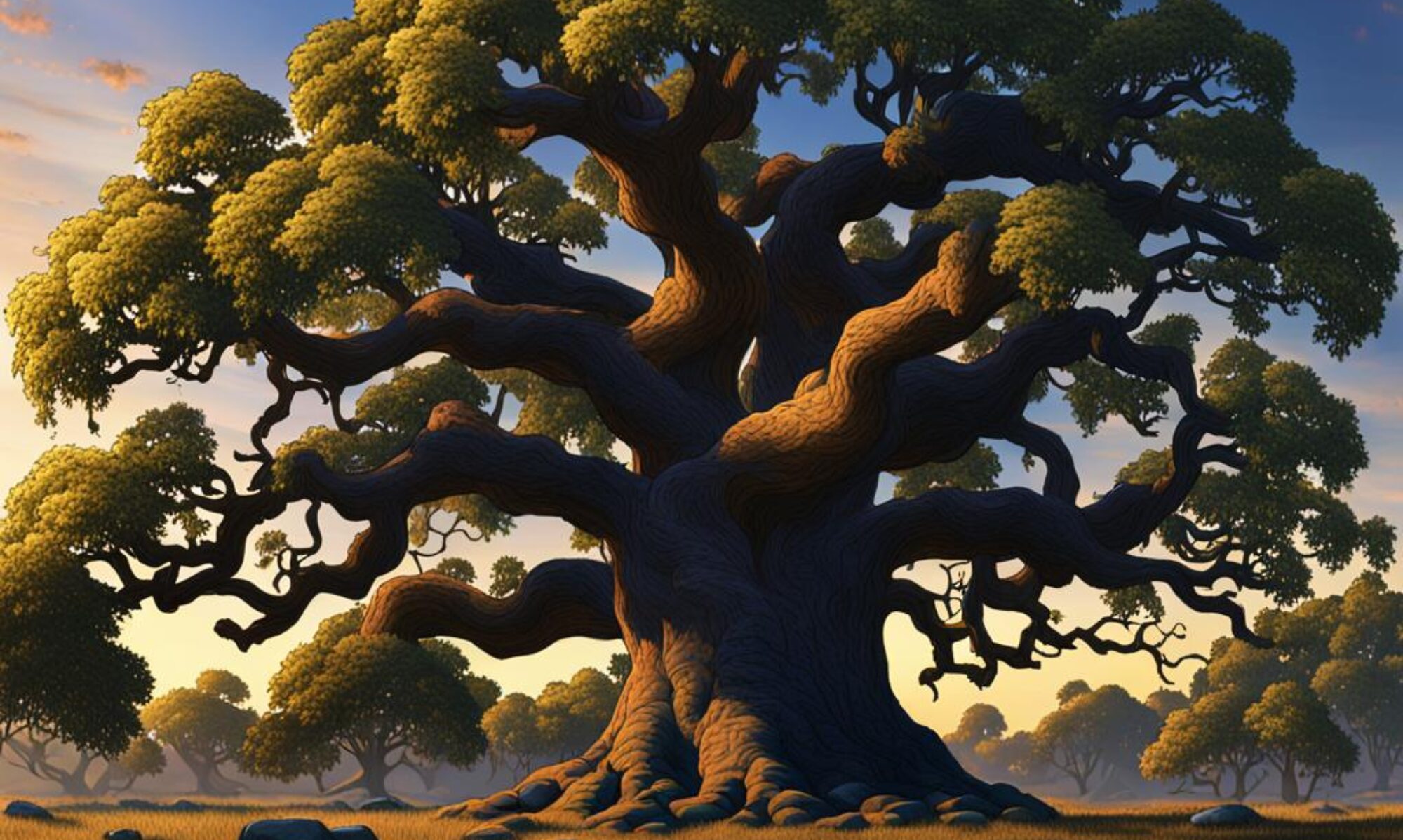The world teeters on a precipice. As George Orwell forewarned in “1984,” the manipulation of truth has become our daily reality, where political extremes wage an endless war of narratives. The left and right no longer engage in dialogue but rather in what Neil Postman described in “Amusing Ourselves to Death” as a form of political theater, where substance drowns in spectacle.
Our civilization bears an unsettling resemblance to Aldous Huxley’s “Brave New World,” where pleasure and distraction mask deeper systemic rot. We find ourselves caught between competing ideologies, each claiming absolute truth while pushing us closer to what Ray Bradbury predicted in “Fahrenheit 451” – a society where critical thinking burns in the flames of willful ignorance.
The signs are everywhere: nuclear tensions escalate between world powers, environmental systems collapse, and social fabric tears along lines of class and ideology. Ayn Rand’s warnings in “Atlas Shrugged” about the dangers of collectivism clash with Margaret Atwood’s “The Handmaid’s Tale” cautions against authoritarian control – yet both authors recognized how quickly society can unravel when power concentrates in the hands of the few.
History mocks our attempts at perfect governance. From Plato’s Republic to modern democracy, every system eventually confronts its own contradictions. As Hannah Arendt observed in “The Origins of Totalitarianism,” the path to political disaster is paved with the bricks of fear, isolation, and the dissolution of common truth.
Yet perhaps the answer lies not in finding the perfect system, but in understanding what Kurt Vonnegut suggested throughout his works – that human dignity and compassion must prevail over ideological purity. We stand at a crossroads that Philip K. Dick might have envisioned: reality itself seems to bend under the weight of competing narratives, while the masses bear the cost of decisions made by those who will never face their consequences.
The grand canyon of division that splits our society runs deeper than political allegiance – it cuts to the very heart of how we define truth, justice, and humanity itself. As Cormac McCarthy showed us in “The Road,” the future may hold both unimaginable darkness and persistent glimmers of hope. The question remains: will we learn from the prophetic voices of literature’s greatest dystopian authors, or are we doomed to live out their darkest warnings?
Allow me to Reiterate what I’m trying to convey
We’re living in strange times. Turn on the news, scroll through social media, or just talk to your neighbors – everyone seems to be living in their own version of reality. The gap between these realities grows wider every day.
It’s tempting to see our moment as uniquely apocalyptic. Writers like Orwell and Huxley saw this coming decades ago: a world where truth becomes fluid and distraction serves as a social sedative. But they didn’t predict everything. They never imagined a world where everyone would carry around a device that could access all human knowledge – and use it primarily to argue with strangers and watch cat videos.
The real problem isn’t that we’re living in a dystopia. It’s that we’re living in all the dystopias at once. For some, we’re sliding into the authoritarian nightmare of “The Handmaid’s Tale.” For others, we’re facing the collectivist threats that Ayn Rand railed against. The truth is probably messier than any single story can capture.
Look beneath the surface, though, and you’ll find something interesting. People still fall in love. They still help strangers after disasters. They still share meals and tell jokes and dream about better tomorrows. Even in our most divided moments, humanity’s basic decency keeps showing up – not in grand gestures, but in small acts of kindness that rarely make headlines.
This isn’t to downplay the serious challenges we face. Climate change isn’t waiting for us to get our act together. Nuclear weapons haven’t gone anywhere. Inequality keeps growing. But maybe the solution isn’t to find the perfect political system or to win the ideological war. Maybe it’s simpler than that.
Kurt Vonnegut once wrote that we’re here to help each other get through this thing, whatever it is. He was right. While the talking heads on TV argue about whose dystopia is winning, regular people keep finding ways to bridge the divides in their daily lives. They’re not doing it through grand political theories or social media manifestos. They’re doing it through conversations, through shared meals, through small moments of understanding.
The future won’t look exactly like any book predicted. It’ll be stranger, messier, and probably both better and worse than we imagine. But if we can remember our shared humanity – if we can look past the screens and slogans to see each other as people rather than positions – we might just write a better story than any of those authors imagined.
The choice isn’t between competing dystopias. It’s between fear and hope, between isolation and connection, between giving up and showing up. Every day, in small ways, we all make that choice. And that’s where the real story begins.
